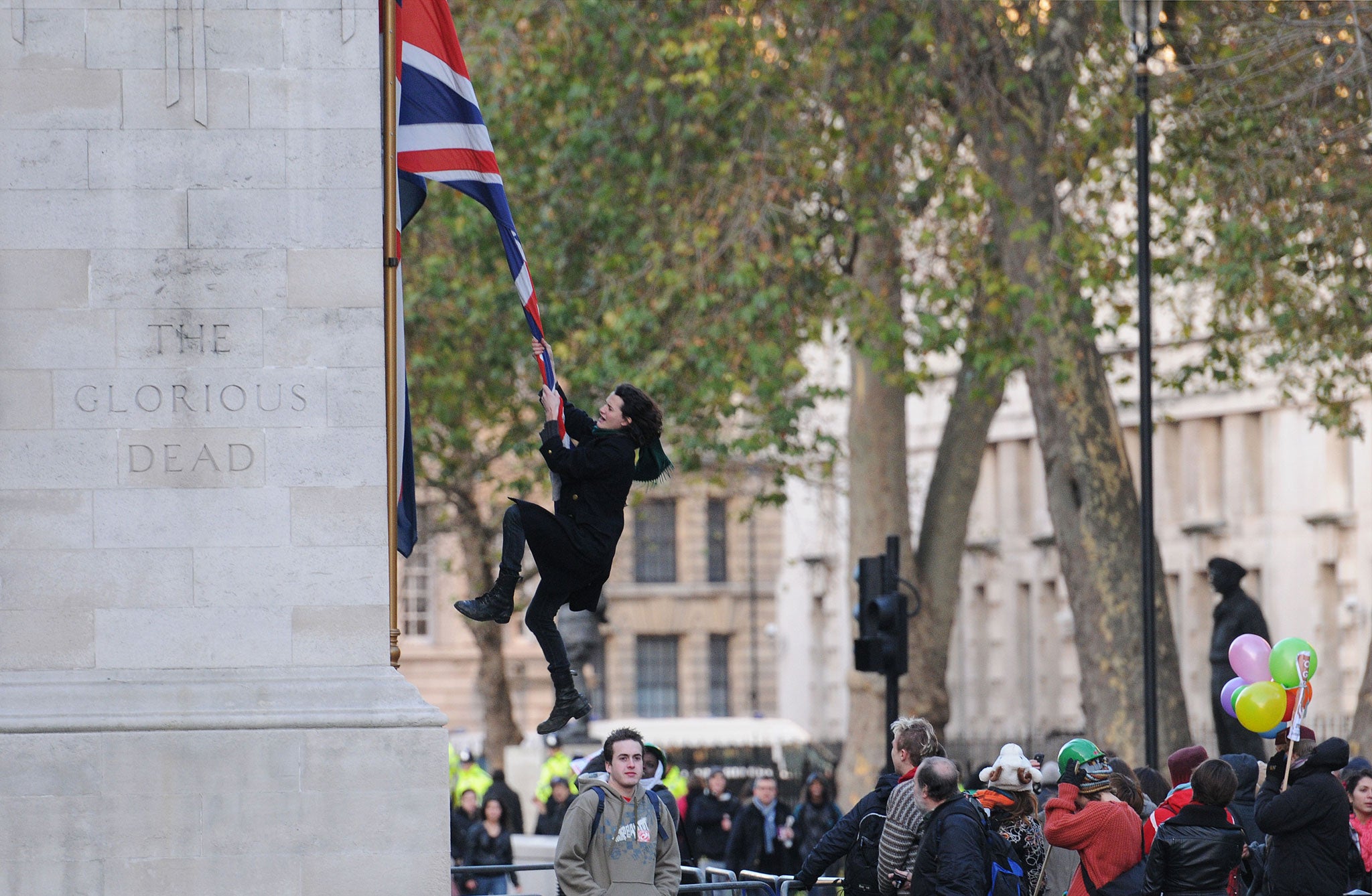Twitter's anti-abuse policy seems like a much-needed remedy for the sick world of online trolls
Twitter is redoubling its efforts to block online abuse. About time, too, says Charlie Gilmour, who was jailed for delinquency - but threatened with death by trolls

Pity the internet troll, the unhappiest monster known to man. Since the dawn of the digital age he has lumbered tragically through the online world's green pastures, compulsively vomiting bile on message boards and social media, trailing death threats and bomb scares like daggled turds: a sad and lonely figure.
Now, apparently, like the dodo before him – an animal of equally idiotic repute – the troll has finally run out of road to rage upon. In response to well-founded fears that its platform has become a playground for bullies, Twitter has declared open season on internet trolls.
"We suck at dealing with abuse and trolls on the platform and we've sucked at it for years," lamented Twitter CEO Dick Costolo in a leaked internal memo. "We're going to start kicking these people off right and left and making sure that when they issue their ridiculous attacks, nobody hears them."
The new policy, launched this week, has vastly expanded the troll-catching net. Accounts are to be locked; death threats, once thrown around willy-nilly like cow pats at a country fair, stamped out; and a new, somewhat shady-sounding feature will, it seems, algorithmically stymie abuse at the point of origin. On Twitter at least, trolls are to be coded out of existence.
Online platforms have recently been roundly criticised for presenting an airbrushed version of the world – try breast-feeding on Instagram, or being a transsexual on Facebook – but this policy seems, at first sight, like a much needed remedy for the sick world of online abuse.
The way in which online mobs can use Twitter, and other social-media platforms, to attack their victims can be an utterly terrifying experience. Believe me, I know. People calling for me to be executed as a traitor was my surprise introduction to Twitter.
"Charlie Gilmour the piece of dirt who thought it acceptable to swing from the Cenotaph should be swinging from something else, by his neck!" declared one user. "You should be beaten and thrown in a gutter," wrote another. "Bounty on his head, message me when done," someone else ominously chimed in.
In my case, I think, a lot of the anger was utterly justified – although much of the abuse transgressed the bounds of both law and reason. But my mother, whose only crime had been to go through labour, was subjected to some of the worst attacks.
"Cut out her womb!" was a strangely common demand; strange not least in that it seemed like an attempt to close the barn door some 20 years after the horse had bolted, so to speak. But it fits the trend: the majority of attacks on social media are profoundly misogynistic.
According to recent research by the Pew Centre, women – especially young women – experience "severe types of harassment at disproportionately high levels". As in the witch trials, on Twitter it's often simply the closest woman who ends up getting burnt.
But, while being the subject of online abuse is a deeply unpleasant experience, there is perhaps a word to be said in its favour. The anti-establishment documentarian Michael Moore once declared he was grateful for all the death threats he received "because those who are taking the time to threaten you that way are getting it out of their system".
It would be terrible if Twitter's new rules meant a generation of disempowered trolls threw down their keyboards and took their violent sexual fantasies out onto the streets, but it seems unlikely.
As Jon Ronson writes in his new book, So You've Been Publicly Shamed, the internet allows campaigns of hate to be "delivered like remotely administered drone strikes". Face-to-face, human beings are actually quite nice. If Twitter's new policy allows righteous anger to bubble through, but ensures that the death threats and evisceration fantasies are cut out, then I for one am all for it.
Subscribe to Independent Premium to bookmark this article
Want to bookmark your favourite articles and stories to read or reference later? Start your Independent Premium subscription today.

Join our commenting forum
Join thought-provoking conversations, follow other Independent readers and see their replies